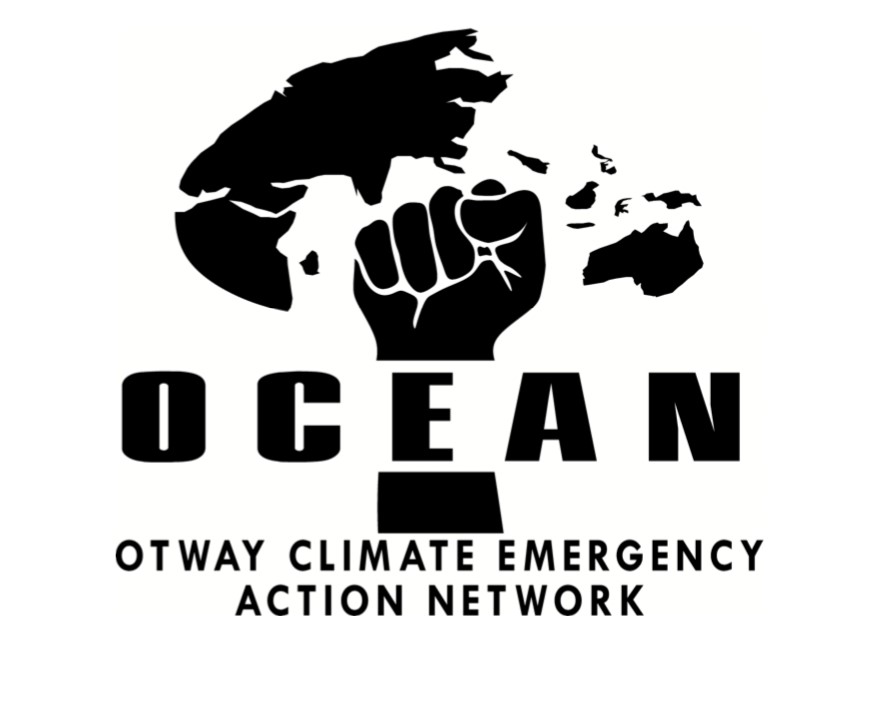Questions to NOPSEMA
October 26, 2020
OCEAN has been given the opportunity to present questions to NOPSEMA at the current Senate Estimates. The following questions were formulated by Marcus Nolle for the fishing industry.
For many years individual commercial fishers operating in offshore marine environments did so without any constraints. Each fisher conducted their own business as they saw fit, extracting as many natural resources as they could from the marine environment. There was very limited understanding of the collective impact of all this fishing effort when aggregated across the whole (commercial fishing) sector over space and time. Of course, that was a long time ago. In more recent times, Federal and State Fisheries Authorities, informed by significant and ongoing research into sustainable fishing practices now manage fisheries at the ‘whole of sector’ level. These environmentally responsible and sustainable fishing management arrangements have made the industry one of the most sustainable in the world. Taking into account the level of scientific knowledge and certainty about the impact of aggregated fishing activities (in space and time) and whether permitted activities are sufficiently precautious; the less certainty about an impact, the more precaution is required.
By contrast, NOPSEMA (National Offshore Petroleum Safety & Environment Management Authority) by its own admission, does not require gas & oil titleholders to consider any aggregated impact of their collective impact on the marine environment over space and time. Neither does NOPSEMA require the sector as a whole to have any such ‘management plan’ to consider aggregated impacts on the environment of their activities over space and time. Current practice has and continues to be evaluation, in isolation, of each stand-alone project and ‘once off’ activity. Much like considering the catch and impact of any one commercial fishing vessel to be ‘sustainable’ while turning a blind eye to the fact that the aggregated effort of a whole fleet of vessels may otherwise decimate a resource and do untold damage to the environment.
Despite the ambit claims from the Oil & Gas sector from time immemorial that, for example, seismic testing ‘does no harm’, we now know that that is not the case. Independent scientific research has now revealed that seismic testing kills scallops and plankton and inflicts significant and permanent damage to rock lobsters. There are likely many more impacts that are still unknown and the trophic interaction impacts of what we do know are also not understood. And if seismic testing damages the marine environment in this way, then, by definition, more seismic testing does more damage.
That being the case and as this knowledge base of impacts now grows;
1. Why is there not some commensurate response by NOPSEMA (in accordance with the EPBC Act’s precautionary principles) of the aggregated impacts (in space and time) of Oil & Gas Industry activities on the marine environment at the whole of sector level?
2. Why is there no obligation on the Oil & Gas sector to have some sort of industry Management Plan that can be independently evaluated to underpin an export accreditation for the (single use) resources extracted from the marine environment?
3. How can this ‘unlevel’ playing field be justified, where one operator (commercial fishers) in the offshore marine environment is held to one standard while another (the Oil & Gas industry) is not?
Next week OCEAN will publish questions presented to NOPSEMA around the seismic blasting of the Otway Basin 2DMC project and the WW2 chemical dump sites.
Lisa Deppeler, Marengo for OCEAN
Contact OCEAN to get involved and see more here.
oceanclimatenetwork (at) gmail (.) com 0456 931 323
An informed and motivated Otways Community taking bold and effective action for climate justice by protecting our coast and country from the threat of unsustainable development.

